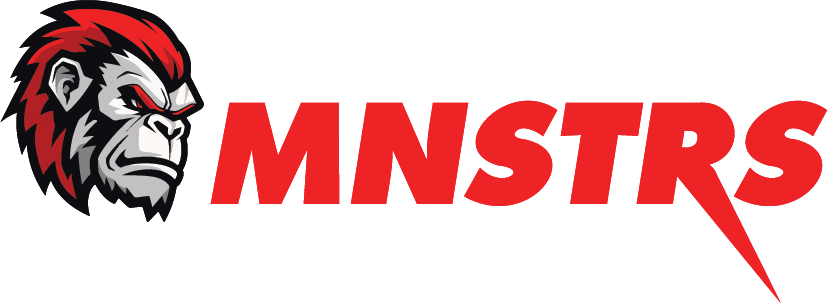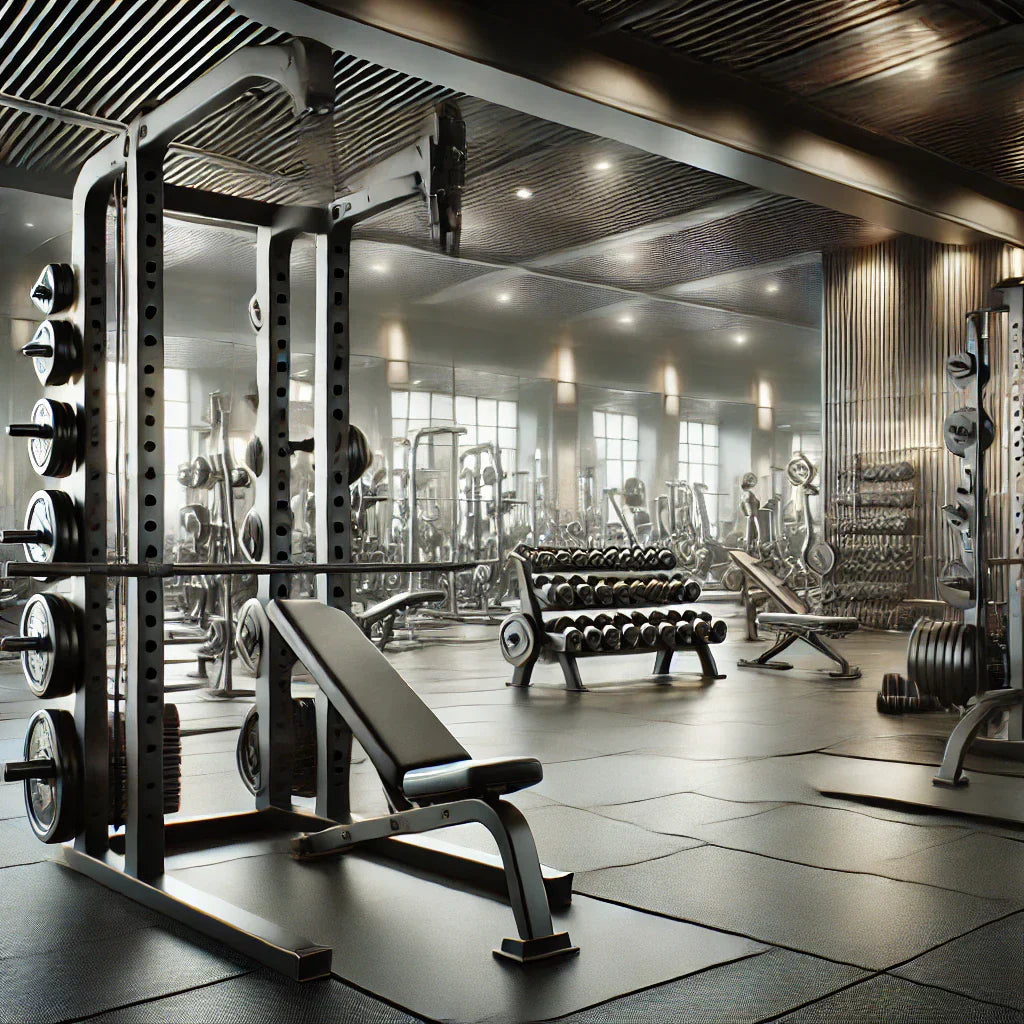Whether you're a seasoned strength trainer or just starting with fitness, one of the most important building blocks of your progress is protein. This essential macronutrient plays a crucial role in muscle growth, recovery, and overall performance. But why are proteins so important and how do you make sure you get enough of them? In this blog, we dive deeper into the power of proteins and how to optimally use them for your fitness goals.
Why are proteins important?
Proteins are made up of amino acids, the building blocks of muscle tissue. When you train, small tears occur in your muscles. This may sound harmful, but it is actually a crucial process: your body repairs these tears using proteins, making your muscles stronger and bigger. Without enough protein, this recovery process will be slower, and muscle growth may even be absent.
How much protein do you need?
The amount of protein you need depends on your goals and activity level. Here are some general guidelines:
-
Average person: 0.8 grams per kilogram of body weight per day
-
Active athletes: 1.2 - 2.0 grams per kilogram of body weight per day
-
Strength athletes and bodybuilders: 1.6 - 2.5 grams per kilogram of body weight per day
For example, if you weigh 80 kg and train intensively, you need about 128-200 grams of protein per day to support optimal muscle growth and recovery.
Best sources of protein
There are many protein sources available, both animal and plant-based. Here are some of the best choices:
Animal protein sources:
-
Chicken, beef, and turkey
-
Eggs and dairy products like quark and Greek yogurt
-
Fish such as salmon and tuna
-
Whey and casein protein shakes
Plant-based protein sources:
-
Legumes like lentils and chickpeas
-
Nuts and seeds like almonds and chia seeds
-
Soy products like tofu and tempeh
-
Plant-based protein powders like pea protein and rice protein
When should you take protein?
The timing of your protein consumption can positively influence your recovery and muscle growth. Here are some important moments:
-
Immediately after your workout: This is the most critical time to consume protein because your muscles then have an increased need for amino acids for recovery.
-
At every meal: Spread your protein intake throughout the day to maintain a constant supply of amino acids.
-
Before going to bed: Casein protein, which is absorbed slowly, can help minimize muscle breakdown during the night.
Protein supplements: necessary or not?
Although you can get all your protein from food, protein supplements like whey protein or vegan protein can be a convenient way to increase your daily intake. Especially for people with a busy schedule, a protein shake after training or in between can be a quick and efficient solution.
Conclusion
Proteins are essential for muscle growth, recovery, and performance. By getting enough protein from both food and supplements, you give your body the right fuel to get stronger and perform optimally in the gym. Whether you want to increase your muscle mass, lose fat, or simply live healthier, protein is a key component in your diet.
Do you want to get the most out of your workouts? Make sure you nutrition plan and protein intake be aligned with your goals, and experience the difference yourself!



